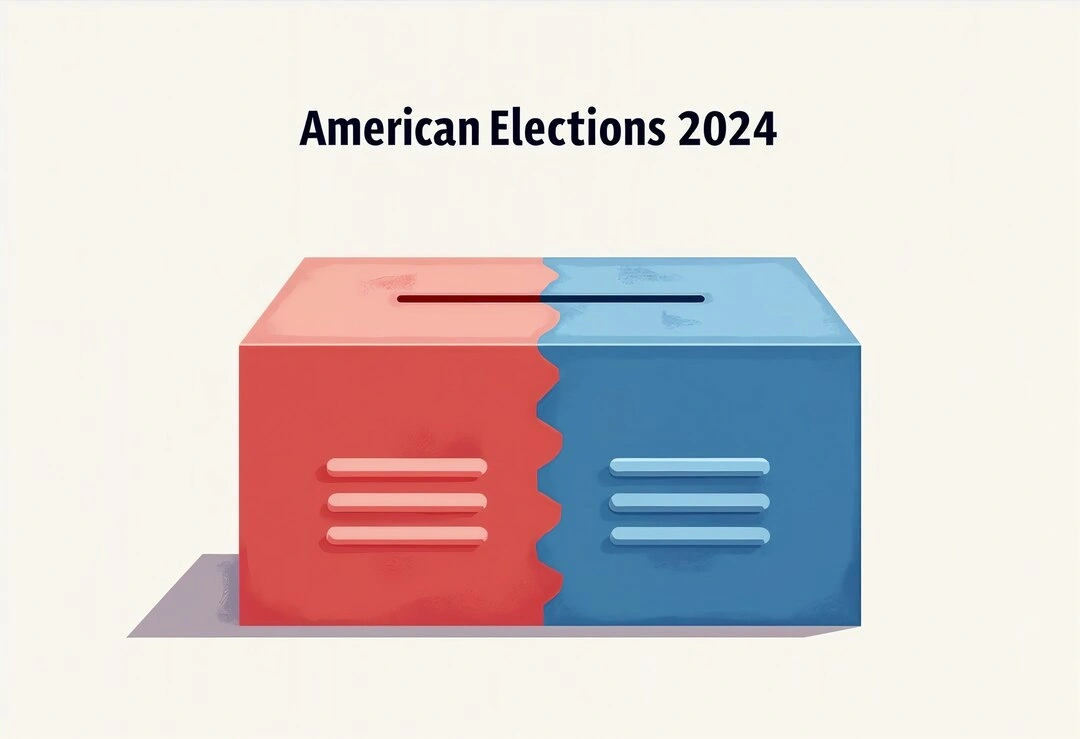Biden
ClimateChange
PortInfrastructure
Sustainability

Biden
ClimateChange
PortInfrastructure
Sustainability
President Joe Biden is set to visit the Port of Baltimore on Tuesday to announce a significant investment in the nation's port infrastructure: nearly $3 billion in grants aimed at electrifying port operations and reducing carbon emissions. This substantial funding, part of the administration's broader push for clean energy and job creation, will directly impact 55 port locations across 27 states and territories. The announcement, coming just a week before the national election, underscores the administration's commitment to environmental sustainability and economic growth.
The $2.97 billion investment, derived from the landmark climate law passed in 2022 – the largest clean energy investment in U.S. history – will fund the Clean Ports Program, administered by the Environmental Protection Agency (EPA). This program prioritizes the modernization of port equipment and infrastructure to significantly reduce harmful emissions and advance environmental justice in communities surrounding these vital economic hubs.
Baltimore: A Key Recipient and a Symbol of Renewal
The Port of Baltimore, a major East Coast port responsible for the import and export of substantial volumes of motor vehicles and farm equipment, will receive $147 million in grant funding. This significant allocation will support over 2,000 jobs by enabling the purchase and installation of cutting-edge, zero-emission cargo-handling equipment and trucks. The transition to electric vehicles and machinery represents a key step in transforming the port into a truly green facility, minimizing its environmental footprint. The choice of Baltimore as the location for the announcement is particularly significant, as it follows the devastating bridge collapse in March that tragically claimed six lives and severely disrupted East Coast shipping routes for several months. The grants represent a move towards rebuilding and modernizing the port's infrastructure, demonstrating resilience in the face of adversity.
National Impact: Job Creation and Environmental Benefits
The nationwide scope of the Clean Ports Program is impressive. The 55 recipient ports span 27 states and territories, demonstrating a commitment to nationwide environmental improvement. Across the country, the program is projected to create approximately 40,000 union jobs, a critical aspect of the Biden-Harris administration's economic strategy. This isn't just about environmental protection; it's about creating good-paying jobs that benefit American workers.
The environmental benefits are equally significant. EPA Administrator Michael Regan highlighted the substantial reduction in pollution the program promises. The grants are expected to slash over 3 million metric tons of carbon dioxide emissions, equivalent to the annual energy use of almost 400,000 homes. Furthermore, the program will significantly reduce emissions of nitrogen oxides and other harmful pollutants, totaling a reduction of 12,000 short tons. This is a substantial contribution to combating climate change and improving air quality, particularly in communities disproportionately impacted by port-related pollution.
Addressing Environmental Justice Concerns
Administrator Regan explicitly addressed the issue of environmental justice, acknowledging the disproportionate burden of air pollution borne by communities located near ports. The high concentration of diesel emissions from trucks, ships, and other port machinery has historically resulted in poorer air quality in these areas. The Clean Ports Program directly confronts this inequality, investing in cleaner technologies to reduce pollution and safeguard the health of these communities. This commitment to environmental justice represents a departure from previous administrations, where environmental concerns were often considered secondary to economic growth. The Biden administration clearly articulates that a healthy environment and a thriving economy are not mutually exclusive but rather complementary goals.
Funding and Application Process
The EPA previously announced two separate funding opportunities under the Clean Ports Program. One competition focused directly on funding zero-emission equipment and infrastructure, while the other supported broader climate change and air quality programs at ports. The overwhelming response to these funding opportunities is telling; the EPA received over $8 billion in requests from port authorities nationwide. This indicates a significant need and a widespread desire for improved port infrastructure and cleaner operations across the United States.
Reactions and Support
The announcement has garnered widespread support. Longtime environmental justice advocate Vernice Miller-Travis hailed the grants as a truly transformative investment, signifying a pivotal moment in addressing long-standing concerns about port-related pollution. The substantial funding, amounting to almost $3 billion, represents a concrete commitment to improving environmental conditions and the lives of those living near ports.
Beyond the Grants: Further Actions
The grants announced by President Biden build upon previous federal investments in port infrastructure. For instance, Baltimore recently received $31 million in federal funds to rehabilitate a section of its Dundalk Marine Terminal. Furthermore, the recent $102 million settlement with the owner and manager of the cargo ship responsible for the deadly bridge collapse highlights the ongoing efforts to address infrastructure safety and accountability. While this settlement covers cleanup costs, the state of Maryland is pursuing further legal action to secure funding for bridge reconstruction, estimated to cost nearly $2 billion.
Conclusion: A Multifaceted Approach
The Biden administration's $3 billion investment in the Clean Ports Program demonstrates a comprehensive approach to addressing both environmental challenges and economic growth. It's not just about reducing emissions; it's about creating jobs, improving public health, and fostering economic development in communities surrounding ports across the nation. The focus on environmental justice and the substantial funding allocated underscore a commitment to a cleaner, healthier, and more equitable future for all Americans. The selection of Baltimore as the location for the announcement, coupled with the recent bridge collapse and subsequent settlement, serves as a powerful reminder of the need for both infrastructure improvements and a sustainable path forward for the nation's port systems. This initiative signifies a turning point, moving towards a future where economic prosperity and environmental stewardship coexist.
SHARE


news
30th October 2024

news
30th October 2024


news
30th October 2024

news
30th October 2024


news
30th October 2024


news
30th October 2024


news
30th October 2024